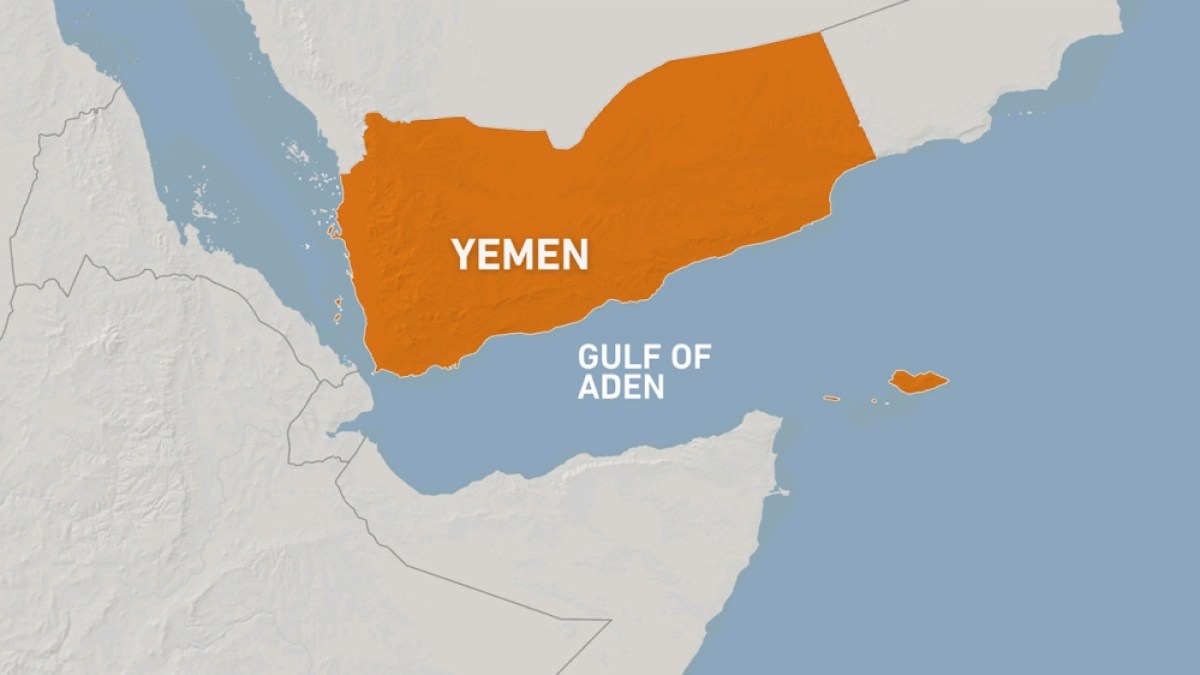Iranian foreign minister says civilian enrichment cannot be subjected to any deal as Tehran and Washington set to hold talks.
Published On 11 May 2025
Tehran, Iran – Iran has emphasised its right to enrich uranium for civilian purposes as an Iranian delegation led by the foreign minister reached the Omani capital, Muscat, for a fourth round of indirect nuclear talks with the United States.
Foreign Minister Abbas Araghchi told state media on Sunday that the Iranian nation has a legal right to civilian enrichment that cannot be subjected to any deal.
The landmark 2015 Iran nuclear deal, from which US President Donald Trump withdrew during his first term, allowed Iran to pursue its civilian nuclear activity but put restrictions on enrichment to prevent Tehran from making a nuclear bomb.
“Enrichment is one of the achievements and honours of the Iranian nation. We have paid a heavy price for enrichment. The blood of our nuclear scientists has been spilled for this achievement,” he said in reference to scientists assassinated by Israel over the years.
But Araghchi said Tehran remains committed to providing verifiable assurances that it will not be able to develop a nuclear bomb – which has been Trump’s main demand.
Araghchi visited Saudi Arabia and Qatar and met with senior officials to coordinate in the run-up to the latest nuclear talks.
In the Omani capital on Sunday, Iran’s top diplomat was accompanied by his deputies and other members of the team tasked with technical talks that Iran still emphasises are held “indirectly” through Omani mediation.
Tehran has also repeatedly expressed concern over “contradictory” remarks made to the media by US negotiators, who are led by Trump’s longtime friend and envoy Steve Witkoff.
In the lead-up to the Muscat talks on Sunday, Witkoff again called for the complete “dismantlement” of Iran’s nuclear programme, including key sites in Natanz, Fordow and Isfahan. US Secretary of State Marco Rubio and other top officials have suggested Iran must import enriched uranium.
The fourth round of the talks was scheduled for early May but had to be postponed with Oman citing “logistical reasons”.
The delay came after the US did not confirm its participation and amid a string of major fires in several Iranian cities, including one caused by an explosion in the port city of Bandar Abbas that killed dozens of people and injured more than 1,200.
Trump sacked National Security Adviser Mike Waltz, an Iran hawk, this month after Waltz reportedly coordinated with Israeli Prime Minister Benjamin Netanyahu and advocated for war with Iran.
Trump, his team and Israel have repeatedly threatened to launch devastating military strikes on Iran and its infrastructure if the talks fail to produce results soon.
Meanwhile, the US has continued to pile sanctions on Iran with the Treasury Department blacklisting a Chinese chemical group and three port terminal operators on Thursday in an attempt to target Iranian oil exports.
Amid its “maximum pressure” push against Iran, the US has also promised to drive Iranian oil exports to “zero” as Tehran has continued to ship its oil – mainly to China – despite the sanctions.
Trump started the sanctions campaign in 2018 after unilaterally reneging on the 2015 nuclear deal with world powers that put verifiable and stringent limits on Iran’s nuclear capabilities in exchange for lifting sanctions on the country.
The accord restricted Iran’s enrichment of uranium to 3.67 percent using first-generation centrifuges at limited sites, but it had time limits and sunset clauses that Trump claimed made it the “worst deal ever”.
Iran is currently enriching up to 60 percent, which is close to the more than 90 percent required to make a nuclear bomb, but the International Atomic Energy Agency said Tehran has made no effort to produce a weapon.

 3 months ago
100
3 months ago
100

















































